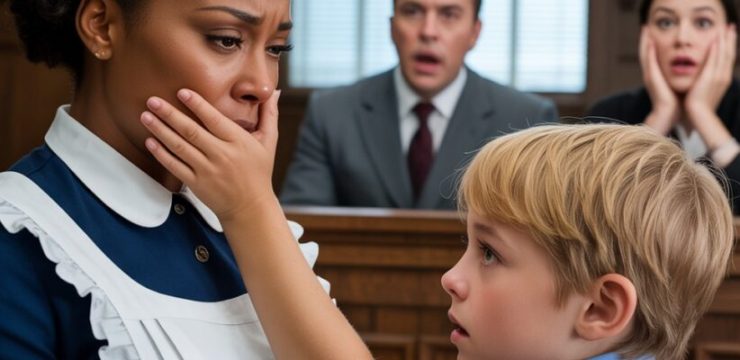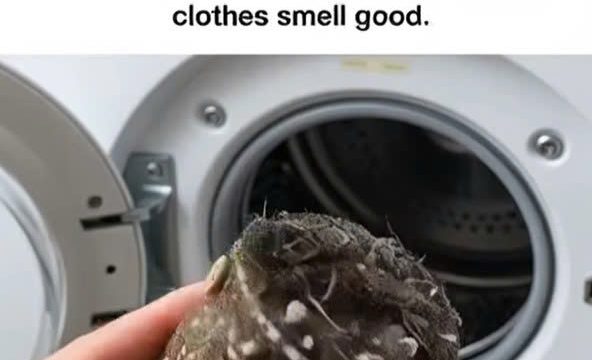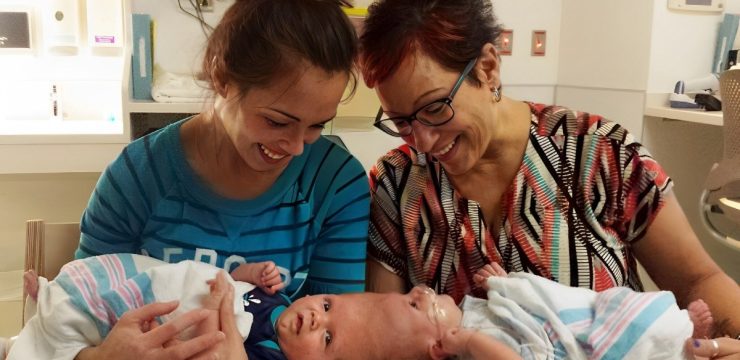With just $1,000 left to his name, Harry took what many would call a foolish risk—he purchased a dilapidated, abandoned farm from three brothers who were eager to get rid of it. What he didn’t know at the time was that hidden within the worn-out walls of that old property was a life-changing secret that would completely rewrite his future.

The farm had once belonged to Sebastian, a hardworking man who had spent his entire life nurturing the same land. After the sudden loss of his wife, Sebastian threw himself into raising his three sons—James, Fred, and Kyle—and keeping the farm running from sunrise to sunset. As the years passed and his sons grew into men, Sebastian gave them his savings, watching as each one moved on with their lives, leaving him behind in solitude. Even in his later years, Sebastian kept to a strict routine—working the land during the day, eating simple meals, and retiring early. But one day, while out in the field, he felt dizzy and collapsed.
A neighbor found him and took him to a doctor, where he received a devastating diagnosis—terminal cancer with little time left. The doctor encouraged him to be with his family, but despite his efforts, his sons never returned. They hired a nurse and made excuses, leaving their father to face his final days alone. In his last moments, Sebastian called his sons and begged them to take care of the farm, the legacy built by their grandfather and sustained by him for decades.
The next day, Sebastian passed away. His sons were the only ones at his funeral, and even then, it was a brief, impersonal ceremony before they turned away from the farm forever. Months later, James received a call from a lawyer who informed him that Sebastian had left behind unpaid debts related to farm supplies. With no emotional connection to the property and no money to cover the costs, the brothers decided to sell the land. However, the property was in terrible shape and generated no interest until they edited the listing photos, slashed the price, and placed an ad in the paper. That’s when Harry came into the picture.
Reeling from betrayal in a bitter inheritance dispute with his sister, he had only $1,000 left. Longing for a new beginning, he took a leap of faith and bought the farm without ever seeing it, trusting the ad’s promise of a quick sale. When he arrived with his wife and kids, the harsh reality hit hard—the farmhouse was crumbling, the land overgrown, and the whole place appeared lifeless. But Harry was not one to quit. Without the funds for professional help, he and his wife threw themselves into the work—planting crops, repairing fences, and restoring the house little by little. Just when things began to show progress, two men knocked on the door demanding that Harry pay off Sebastian’s old debts. Rather than panic, Harry made a small payment and assured them he’d settle the rest once the farm generated income. Determined to keep going, Harry turned to cleaning out the attic. While sorting through old boxes, a plastic bag tore open above him and dollar bills rained down. Shocked, Harry discovered two bags filled with cash and a handwritten letter from Sebastian. In the letter, Sebastian explained that he had hoped his sons would carry on the family legacy, but when they didn’t, he hid the money in the attic for whoever took over the land—someone who would love it and carry on his dream. Deeply moved, Harry used the money to pay off the debts and reinvest in the farm. He renamed it William and Sebastian’s Farm, honoring both Sebastian and his own grandfather. The farm flourished. Locals came for fresh produce, eggs, and dairy, and word of the once-forgotten land’s revival spread. Within a year, Harry had made ten times his initial investment. His children helped on weekends, learning to farm and love the land. Unlike Sebastian, Harry felt peace knowing that his legacy was safe and that his children would carry it on. Eventually, James, Fred, and Kyle heard about the farm’s transformation and paid Harry a visit. James joked about splitting profits since they had sold the land so cheap. But Harry firmly replied, “Why would I share my earnings? My wife and I brought this place back to life.” The brothers fell silent, realizing their mistake. Then, in a surprising gesture, Harry offered them jobs. Humbled, they accepted. Over time, they finally understood what their father had tried to teach them—hard work, pride in your labor, and the importance of honoring your roots. One day, James found a $500 bill in the attic and, though tempted, gave it to Harry. Smiling, Harry said, “That was a test. You passed. Keep it.” In the end, Harry didn’t just restore a farm—he revived a legacy, built a secure future for his family, and gave others the chance to redeem themselves. Sometimes, the most meaningful investments aren’t about money—they’re about heart, perseverance, and believing in something greater than yourself.





